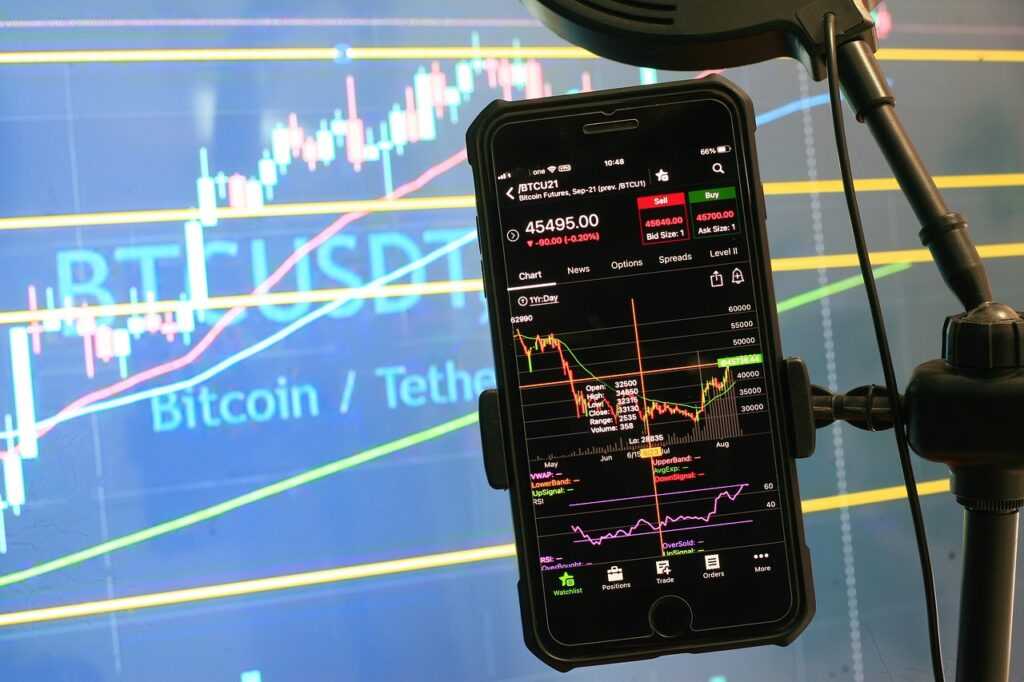What Is 8156615600?
The number 8156615600 traces back to the northern Illinois area, thanks to the 815 area code. It’s a common area for regional services, companies, and yes—some scammers too. That’s why it’s smart to look it up before calling back or responding to a text.
In recent months, online forums and call reporting databases have flagged this number on both sides of the fence. Some users report it as a legitimate followup from businesses like delivery services or loan offices. Others say it’s repeated robocalls or spam. What gives?
Truth is, numbers like this can get spoofed. Scammers use software to mask their real number behind something that looks local and trustworthy (like 8156615600). So even if it seems familiar, proceed with caution.
Common Reasons You Might Receive a Call
Understanding the reason for the call helps you decide whether to return it, block it, or ignore it altogether.
1. Business or Service FollowUp
If you’ve recently filled out a form online, scheduled a delivery, or requested service quotes, companies might use automated systems to reach out. They don’t always disclose the number they’ll call from in advance. That’s how 8156615600 could show up.
2. Debt Collection or Financial Services
Some users report the number being associated with financial services—loan approvals, collection followups, or credit card pitches. If you’re dealing with any of those, it’s possible the call was legit. Still, confirm the source before sharing details.
3. Scam or Robocall
Like any popular regional number, this one’s had its share of abuse. Callers offering limitedtime deals, fake IRS threats, or extended car warranties often cycle through sets of numbers to avoid detection. If the call was robotic or felt pushy, trust your instincts.
How to Handle a Call From This Number
Whether or not you recognize 8156615600, here’s how to manage the situation effectively:
Don’t answer unknown numbers blindly. If it was important, they’ll leave a message. Use reverse lookup tools. Plug it into Google, TrueCaller, or WhoCallsMe to see what others are saying about it. Verify before you comply. If someone calls asking for payment, personal info, or direct action—stop. Hang up and call the official company line to confirm first. Block and report repeat offenders. Android and iOS both have builtin ways to silence and record problem numbers.
Could It Be a Spoofed Number?
Absolutely. Spoofing isn’t just a cybersecurity buzzword—it’s a daily tactic used by scammers. They generate numbers that mirror local area codes to increase their chances of getting you to answer. That’s how something like 8156615600, which might seem legit, ends up being suspicious or even malicious.
To determine if the number is spoofed:
Look for red flags in how the caller speaks. Check if the number appears on any known call complaint websites. Consider context. Did you expect a call from anyone in that area?
If anything feels off, don’t engage.
Why Reporting Bad Numbers Matters
One of the best ways to protect others is by reporting unwanted or scam calls. Your feedback helps databases flag, filter, and sometimes shut down repeat offenders. Share your experience on platforms like:
FCC’s Consumer Complaint Center FTC’s ReportFraud Thirdparty apps like Hiya and RoboKiller
When you file a report, include details like call content, any background noise, and frequency.
Setting Up Defenses on Your Phone
If calls from 8156615600—or other random numbers—are disrupting your day, take action. Here’s how you beef up your defenses:
Activate call filtering. Most mobile carriers now offer free spamblockers. Install call ID apps. Apps like TrueCaller, Nomorobo, or RoboKiller help authenticate numbers in real time. Don’t get baited. The second you confirm that your number is active—by answering or reacting—you become a bigger target on the scam radar.
In Summary
The number 8156615600 might be harmless—or it might not. It’s used often enough to show up in forums and complaint boards, so the key takeaway is awareness. Don’t return calls unless you’re sure of their origin. Use official communication channels whenever possible. And if you think you’ve been contacted in error, trust yourself.
Caller IDs can lie. Your phone doesn’t always tell the whole story. But armed with the right tools and a sharp instinct, you won’t need to play guessing games.


